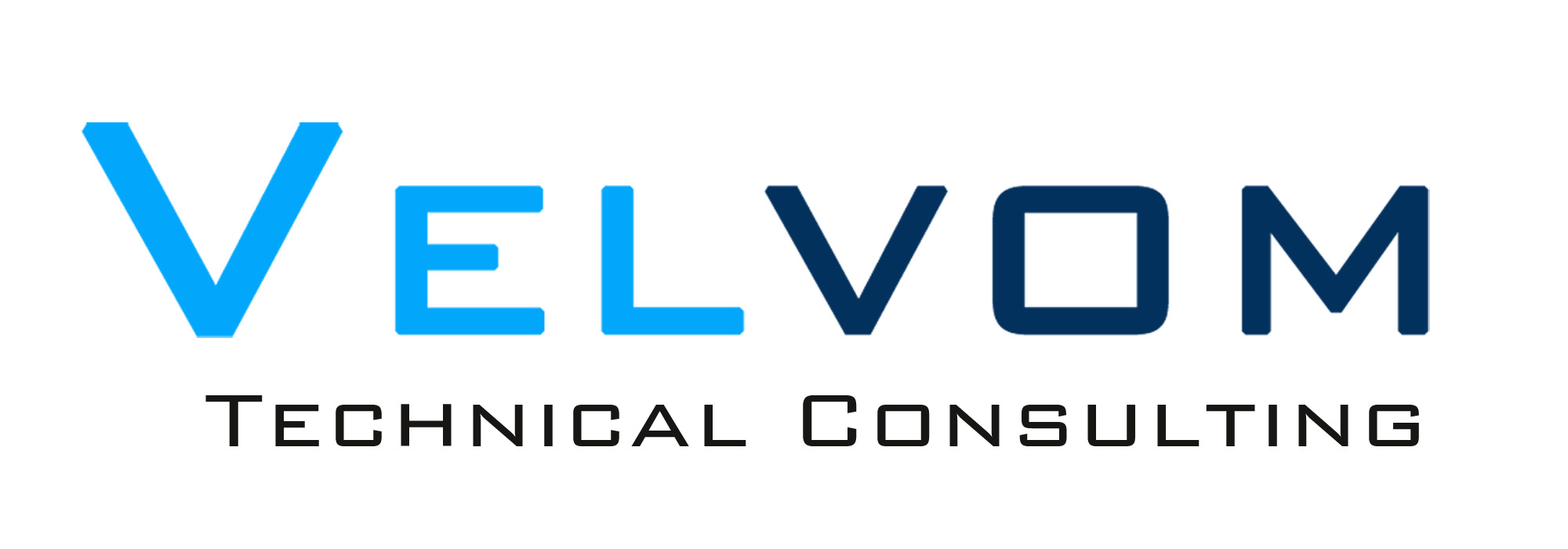Risk-based inspection (RBI) is the process of utilizing risk as the basis to optimize inspection plan based on the damage mechanisms envisaged in process equipment and piping.
In order to reduce the amount of inspection, and thereby improve cost efficiency, we recommend a risk-based inspection (RBI) approach. The objective is to give the highest priority and focus on inspection to items with high risk, while the items with low risk will be reduced or excluded from the normal inspection program. This allows you to focus your resources more strategically, while maintaining operational safety and stability.
Three approaches of RBI are available for implementation based on the client’s needs namely qualitative, semi-quantitative and quantitative in compliance with API 580 & API 581 for oil and gas and petrochemical industries.
The critical component in all these approaches is a risk analysis: the product of an assessment of the likelihood of failure due to damage mechanism and the consequences of any such failure.
The results gained from this process based on corrosion study is used to identify the type and rate of damage mechanism that could potentially occur and the equipment or piping where failure would give rise to danger of different degrees.
Safety and reliability ensured
Safety is our highest priority, and ensuring that inspection is done properly, is an important aspect to this. If inspection, or inspection planning, is not performed according to best practice or with high quality inspection equipment, one may run the risk of overlooking anomalies that can lead to critical failures.
Consequences of poor inspection planning include:
- Unexpected downtime
- Personnel injuries and environment pollution
- Production loss
Planning and implementing
Based on many years of experience, we have developed best RBI implementation process in alliance with suitable software for inspection analysis and management. We establish and maintain an effective inspection plan with recommended activities and intervals based on the risk based analysis.
Benefits
- Maximize plant safety, reliability and availability
- Optimisation of inspection and maintenance resources and expenditures
- Improvement of environmental protection
Do not hesitate to contact us if you would like to receive more information, or if you have any questions or inquiries.

